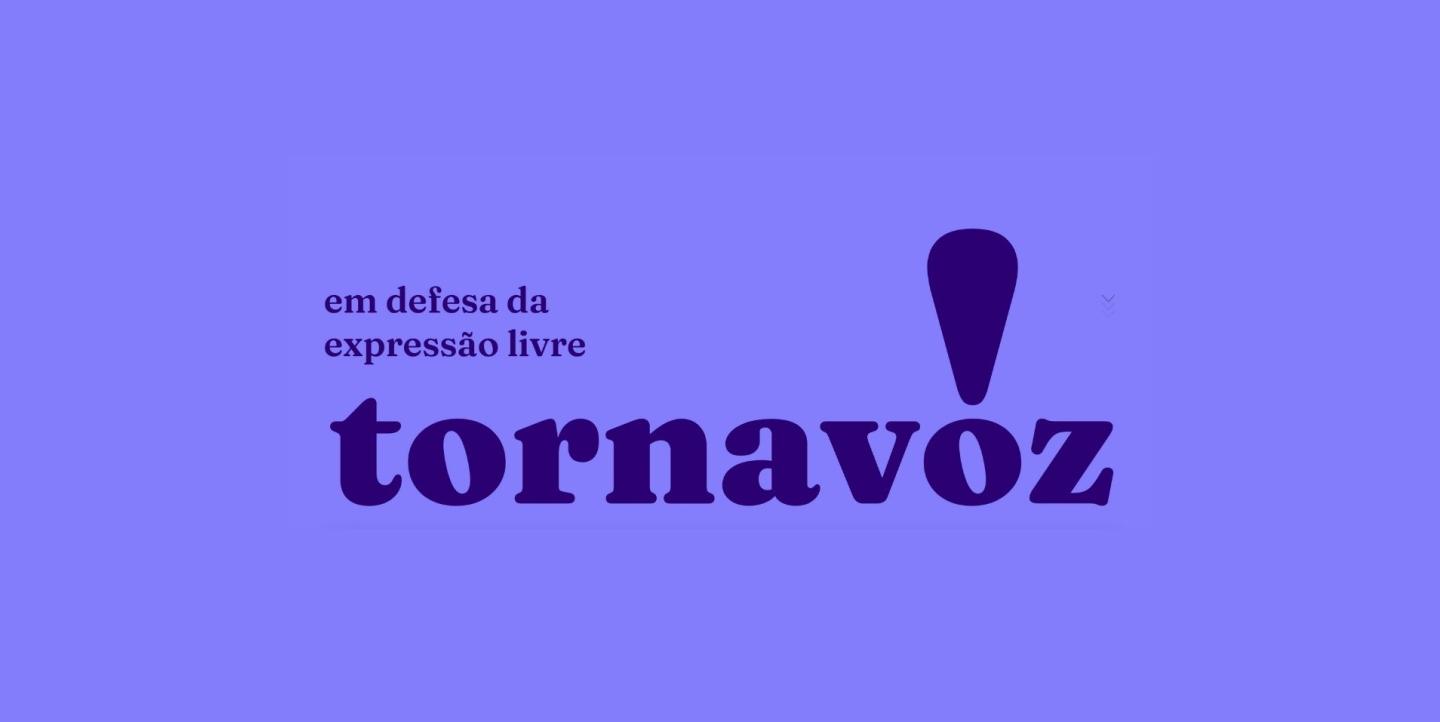This article was originally published on IJNet Portuguese in May 2022. It was translated by Priscila Brito Marcelino, our IJNet Portuguese translator.
After publishing an investigation with Folha de S.Paulo in December 2007 that exposed the workings of the Universal Church of the Kingdom of God's estate, journalist Elvira Lobato was on the receiving end of 111 lawsuits. Filed in regions across Brazil, the lawsuits turned Lobato's life into an endless journey of defending herself in court.
Lobato’s case dates back more than 15 years now, but still to this day publishing news stories or simply posting a comment on social media in Brazil can lead to legal action and overwhelming distress, even for an ordinary citizen.
This is what a history teacher based in the São Paulo countryside, who asked to remain anonymous, experienced. After arguing on X with a doctor advocating for the early treatment of COVID-19 patients, the teacher found out that legal action had been taken against him.
He turned to Tornavoz, a nonprofit organization in Brazil that seeks to guarantee expert legal support for anyone threatened or prosecuted for expressing their opinions. "Tornavoz funds legal services for those who have their freedom of expression threatened or coerced in any way. There are studies showing that these kinds of attacks have considerably increased,” said lawyer Taís Gasparian, one of Tornavoz's founders.
Attacks on journalists
A 2021 report by the Brazilian Association of Investigative Journalism (Abraji) found that 453 attacks were made against journalists and media outlets that year. According to the data, 69% of the attacks were perpetrated by government officials. Former President Jair Bolsonaro alone was responsible for 89 attacks – nearly 20%.
The Brazilian Association of Broadcast Companies reported 145 non-lethal attacks against journalists and media outlets in 2021, and 29 court decisions involving the press.
The rising violence against the press in Brazil pushed the country into the "red zone" of Reporters Without Borders’ World Press Freedom Index. Brazil moved down four spots to 111 in 2021 – Brazil's worst ranking since the Index first published in 2002.
Legal services funding
Gasparian helped launch Tornavoz in March 2022 upon realizing that many media outlets and citizens would give in to court orders against them. They often felt intimidated and pressured by the lawsuits, or lacked legal knowledge.
"When you see how journalists and media outlets are convicted, you can see how fragile they are, because they can't even afford a good legal defense," said Gasparian. "Most of the time, these journalists are not prosecuted by someone who's actually invested in having some damage repaired – these people just explicitly want to inhibit, to frighten their targets.”
Tornavoz relies on several revenue streams to fund the legal services it provides, including grants from UNESCO for a project focused on women journalists, grants from Google, and individual donations.
"We may not be able to provide support for everyone who reaches out to us, but we understand that the organization itself is a way of showing the civil society's resistance," said Charlene Miwa Nagae, lawyer and executive director at Tornavoz. "If a politician wants to sue a journalist, they will know that there's an organization that stands up against them."
Tornavoz also pays the lawyers working on these lawsuits, a strategic decision that helps ensure there will be more qualified lawyers focused on freedom of expression in Brazil. "These are not very profitable lawsuits, and just a few lawyers are interested in the topic. We want to contribute to these lawyers' income so that more professionals will pursue this specialization,” Gasparian said.
The clients get to choose their lawyer, and Tornavoz keeps track of all the legal proceedings. Tornavoz also acts as an "amicus curiae,” Latin for "friend of the court” – when an organization has permission to offer their expertise to the court. This helps to protect the clients’ rights and interests surrounding the matter.
Moving forward, Tornavoz wants to train lawyers hoping to specialize in freedom of expression lawsuits, and offer specific training for journalists. "Using certain words or irony can compromise stories, setting a trap for reporters,” Gasparian noted as an example.
How to get support
Due to limited resources, Tornavoz prioritizes the defense of local media outlets and individuals from marginalized communities, such as the LGBTQ+ population, Black people and women.
"Our priority is to support people and small digital news organizations based far away from the metropolitan areas that are essential for democracy," Gasparian said. "Precisely because they are essential, and because they can pressure [the powerful] in small cities, they may be inhibited or convinced to accept agreements for removing their content [from the internet]."
During an election year, when society can become even more polarized, Tornavoz plays an especially important role in defending citizen's rights.
"What we are trying to do is look at court decisions on freedom of expression with a technical lens, and think of a way to protect rights; we are not trying to solve the polarization that currently exists in the country,” explained Nagae. "If we only use polarization as a guide, the quality of court decisions will be compromised."
For those in search of legal help in Brazil, visit Tornavoz's website here.
Image: Screenshot of Tornavoz website.

